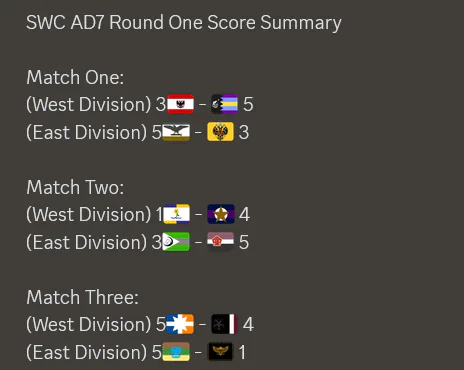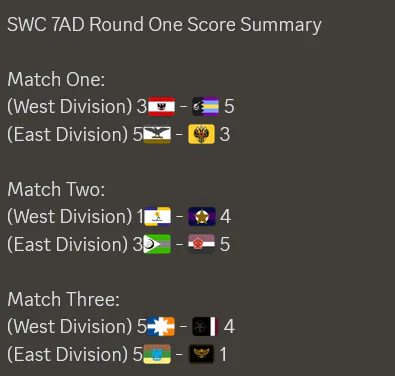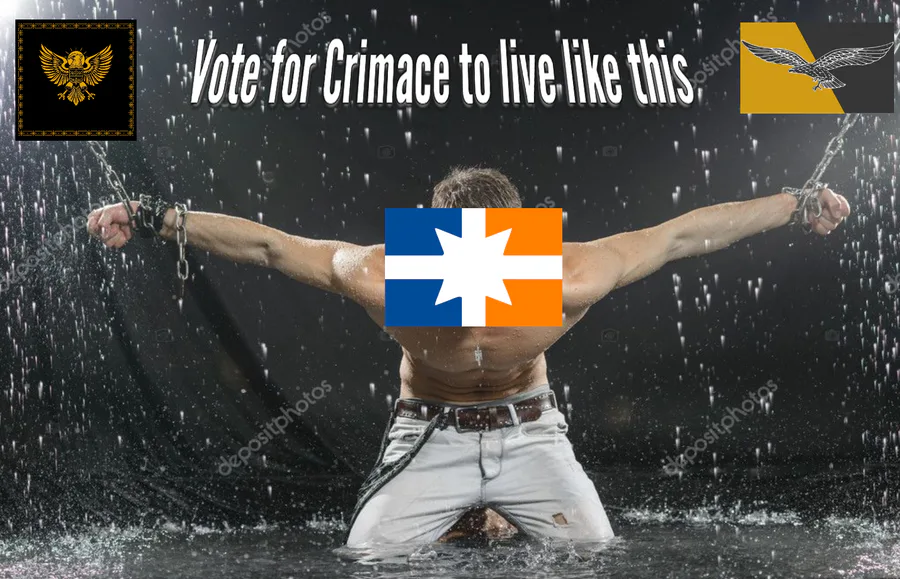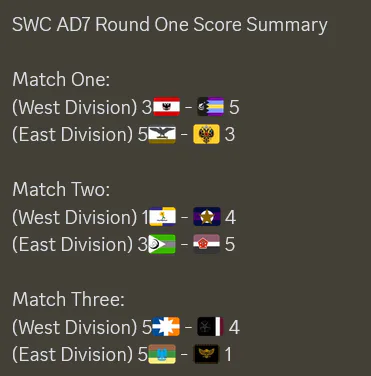Constitution of the Duchy of Sylvorrenia
Preamble
We, the citizens of the Duchy of Sylvorrenia, united in our unyielding commitment to Life, Liberty, and the Pursuit of Purpose, do hereby establish this Constitution to ensure the rights and freedoms of every individual, uphold the sovereignty of our cultural identity, and preserve the stability and prosperity of our nation. Having emerged victorious from oppression and forged in the fires of resistance, we dedicate ourselves to justice, self-determination, and the enduring spirit of Sylvorrenia. Everything stays.
Article I: The Sovereign Authority
The Duke/Duchess
The monarch shall serve as the Head of State and Government, embodying the will of Sylvorrenia and upholding its constitution.
Succession shall be determined by hereditary rule, prioritizing the first-born child.
The monarch is tasked with proposing legislation, commanding the Royal Armed Forces, and safeguarding the cultural identity and freedoms of the people.
The Royal Cabinet
The Royal Cabinet, composed of individuals chosen by the reigning monarch's predecessor, serves as an advisory body to the Duke/Duchess.
Cabinet members shall be selected based on expertise, loyalty to the monarchy, and unwavering adherence to constitutional principles.
The Cabinet may veto any decision deemed unconstitutional by a majority vote but shall not independently enact laws or policies.
Article II: Rights and Liberties of Citizens
Guaranteed Rights
Every citizen of Sylvorrenia is entitled to the following:Freedom of Speech: Including criticism of the monarchy, government, and nation.
Freedom of Assembly and Association: The right to gather and organize freely.
Right to Private Property: Ownership and its protection against unlawful infringement.
Freedom of Religion: The right to practice any religion or none at all.
Protection Against Unwarranted Search or Seizure: Ensuring personal privacy and property security.
Right to a Fair Trial: Judged by a jury of peers.
Right to Bear Arms: The right to bear arms and defend one’s self and property.
Economic Freedom: The right to establish, operate, and profit from private enterprises under the laissez-faire economic system.
Freedom to Contract: The right to engage in private contracts without unwarranted government interference.
Right to Self-Sufficiency: The freedom to live independently, cultivate personal land, and produce goods for private use or trade.
Freedom to Form Private Militias: For national support and the protection of liberties.
Educational Freedom: Parents retain the right to choose the education of their children, whether through private institutions, home schooling, or community programs.
Freedom of Private Pleasure: Citizens may pursue leisure and pleasure in ways that do not harm others.
Secure National Borders: The right to live within a secure, protected territory.
Right to Innovation: Citizens are entitled to innovate, invent, and patent creations, retaining intellectual property rights.
Right to Refuse Service: Individuals and businesses may refuse service based on personal convictions, provided such refusals do not violate constitutional principles.
Right to Minimal Taxation: Citizens are entitled to retain the majority of their earnings, with taxation restricted to essential services for national stability and defense.
Freedom from Compulsory Employment: No citizen shall be compelled to work for the government or private entities against their will, barring voluntary contracts.
Article III: Governance and Legislation
Legislative Process
Laws shall originate from the Duke/Duchess, who shall present proposals to the Royal Cabinet.
The Royal Cabinet shall review proposed legislation, debating its merits, constitutionality, and alignment with national values.
A law shall pass only with the consent of the Duke/Duchess and absence of a Cabinet veto.
Checks and Balances
The Duke/Duchess, the Royal Cabinet, and the Constitution together form a system of checks and balances to prevent tyranny and uphold the principles of governance.















0 comments